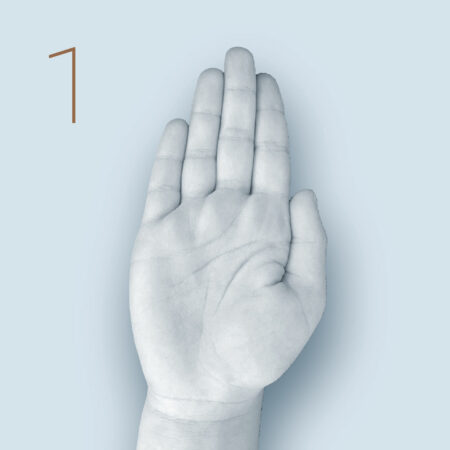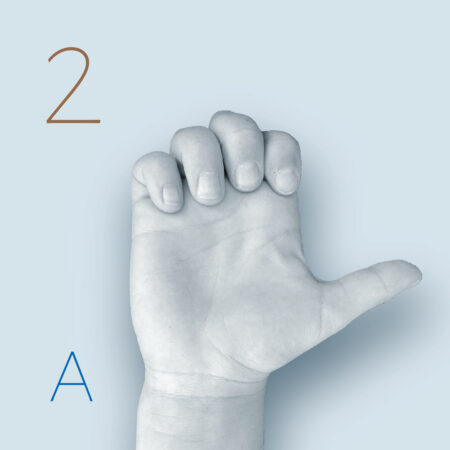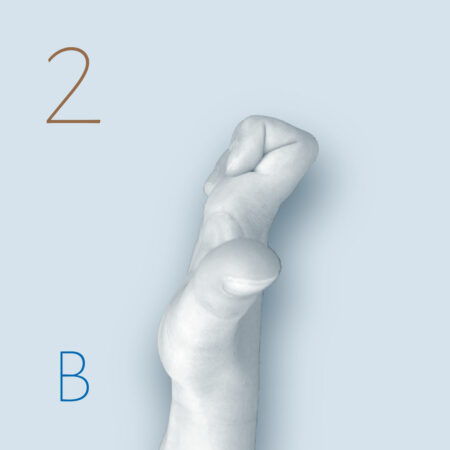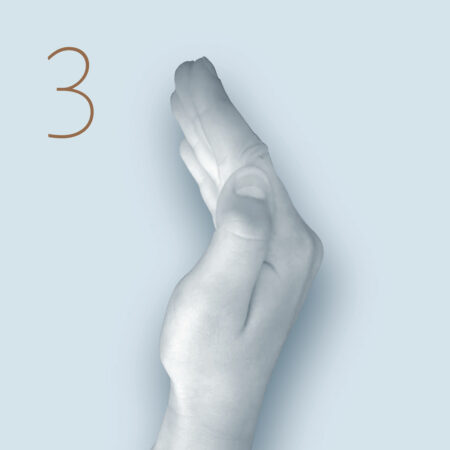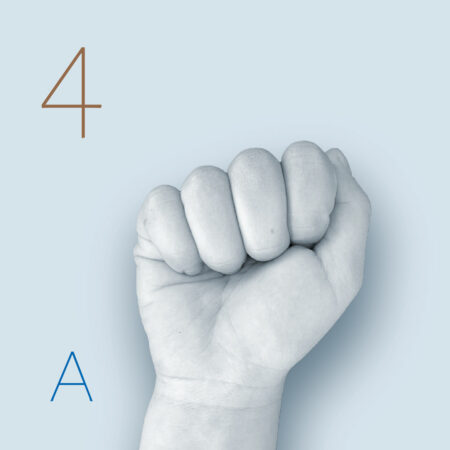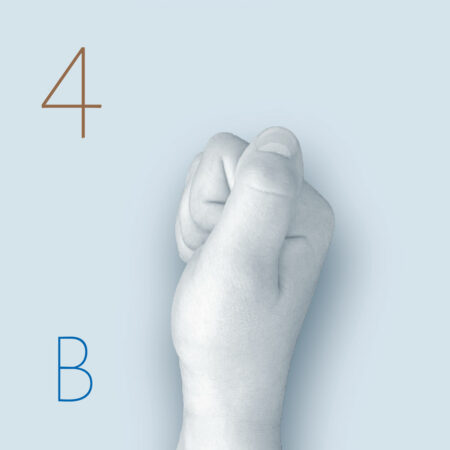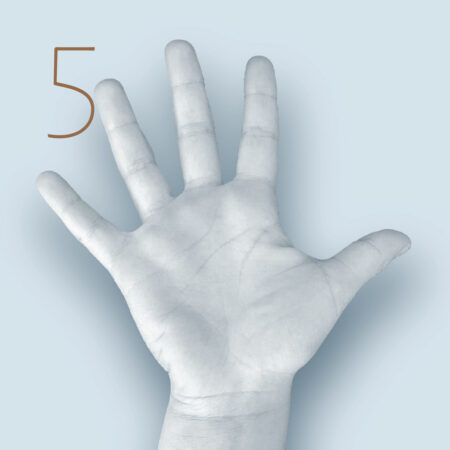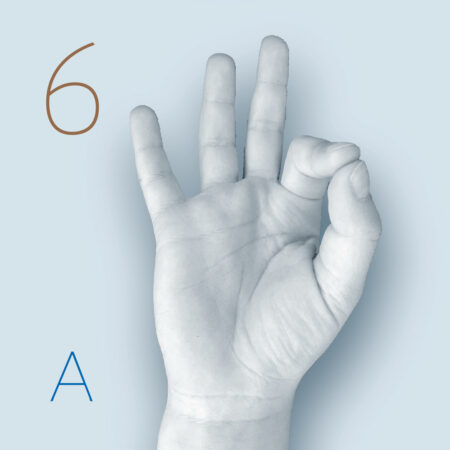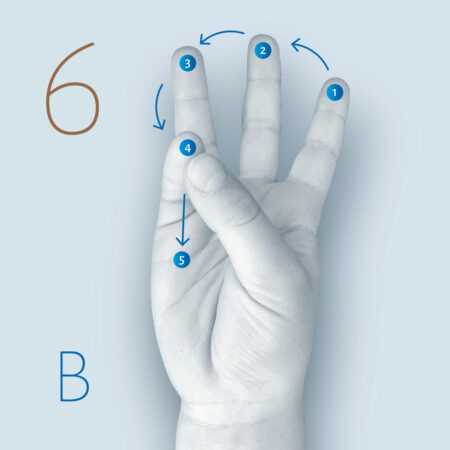Information
for patients with
upcoming surgery
for patients with
upcoming surgery
- Change in health: Please inform your surgeon as early as possible if your condition changes or if other health problems crop up after the preliminary consultation, even if they have nothing to do with your hand. This applies in particular to infections (e.g. pneumonia, upper urinary tract infection, etc.).
- Tobacco: Reduce your cigarette consumption as much as possible in the four weeks leading up to the surgery. Tobacco abstinence would be ideal. Your wound and bone healing benefits directly because when you avoid consuming tobacco your tissues are better supplied with oxygen, which actively promotes healing. You can also consult your family doctor for additional support.
- Arriving and departing: Organise your journey here and back accompanied if possible. You are not allowed to drive a car following the surgery.
- Nutrition: Make sure you eat foods with plenty of vitamin C in the last few days before the surgical operation.
- Skin care: Take good care of your skin in the days leading up to surgery, especially if you have dry skin. Whether acute or chronic, skin wounds increase the risk of infection. Inform your surgeon about any wounds you may have in the area of the planned surgery.
- Timing: We will inform you of the time you must arrive for the operation no later than by 3 p.m. the day before the surgery. If our team was unable to reach you, please contact us yourself from 3 p.m. the day before surgery
(MANUS office: +41 26 408 71 90).
- Personal hygiene: Please take a shower or bath on the day of surgery. Do not use any body lotion or creams. Do not shave the area affected by the surgery mechanically, as small skin lesions increase the risk of infection. Trim your fingernails and remove any nail polish. Acrylic or gel nails can be left in place. Remove all jewelry and do not bring along large amounts of cash to the hospital.
- Dress: You will don a special surgical shirt for the procedure. You may wear your own clothes again following surgery. When choosing clothes, please take into account that you will have to put your clothes back on with one hand covered by a thick dressing or cast after the operation. It is thus advisable to choose loose and comfortable clothing that is easy to put on, as you will have limited use of one hand following surgery. Our team will of course be there to provide you with any assistance you may need.
- Medication: For operations that involve colleagues from the anaesthesia department, their instructions apply. Unless otherwise agreed, please take all your usual medications in the morning. The recommendation to take “blood-thinning” medications, such as Aspirin, Eliquis, Marcoumar, Plavix, Xarelto and others, will also be discussed during the surgery planning consultation and, if necessary, adjusted in consultation with your family doctor.
- Sobriety: Patients receiving surgery on the wrist or fingers under local anesthesia may eat a light breakfast.You should nevertheless avoid drinking a lot of coffee or tea as well as eating an overly large breakfast that is difficult to digest. For operations that involve colleagues from the anaesthesia department, their specifications apply.
- Timing: Please arrive on time.
- In the operating theatre: A security check covering all the relevant data will be carried out before the surgical procedure. This allows the surgical team to confirm your identity, the hand on which surgery is to be performed, and the planned operation. Most surgical procedures are performed under ischemia. To do so, a tourniquet is applied to the arm and a blood pressure cuff is inflated on the patient’s upper arm to stop blood flow into the arm and hand. Ischemia is terminated once the dressing has been applied. In the vast majority of cases, surgery is performed with the help of magnifying lenses that show the anatomy of the hand enlarged up to four times its normal size. All these measures are taken to ensure your safety.
- Hand position: Keep your operated hand consistently at the height of your heart for at least two to three days.Maintain this hand position whether you are lying down, sitting or standing. The elevated position prevents severe swelling and bruising while reducing postoperative pain. You can rest your hand on a pillow while lying down. Below are several tricks to prevent your hand from slipping off the pillow while you sleep:
• Hand on pillow. The pillow is wedged between your body and a wall next to your bed.
• Hand on the pillow in the pillowcase
• On a large or long pillow held together over the hand with a safety pin - The wound: The wound dressing must be kept dry and clean. The first wound check takes place a few days after surgery. The sutures are removed after two weeks.
- Complications: If, despite these measures, you experience post-operative pain that is difficult to control with the prescribed painkillers, severe swelling or noticeable paleness, please contact the ward nurse if the surgery was on an in-patient basis. If the surgery was carried out on an outpatient basis, do not hesitate to call your surgeon. The latter can check whether the dressing is too tight, for example.
- Movement: Moving your hand is desirable in most cases after surgery. Movement counteracts swelling of the hand, keeps the sliding layers of the hand intact, and helps prevent stiffening of the joints. Before the operation, your physician will give you the exact movement and load details, which vary depending on the type of hand problem and surgery (example: PDF Six Pack hand; ATTENTION: not possible or useful for every hand problem/surgery).
- Medication: Painkillers take a certain time to work: After ingestion, the stomach absorbs the active ingredients. They are transported through the bloodstream before they can take effect at the cellular level. Following the surgical procedure, take painkillers as soon as you feel the slightest discomfort in your hand once the anesthesia starts wearing off. This way you can avoid “chasing the pain”.
- Vitamin C: There is evidence that vitamin C has a prophylactic effect on the development of post-traumatic or postoperative pain syndrome. That is why I recommend eating a balanced diet rich in vitamin C. Start a few days before the planned surgery and ideally continue until five to six weeks after surgery.
- Accompaniment: It is recommended that you not be alone for the first 24 hours following surgery.
- Please do not hesitate to contact us should you have any further questions.
You will wear a splint to treat your hand problem. The splints usually fit very well, are comfortable to wear and do not cause any problems.
A small pressure point can at times restrict the local blood supply to the skin. This is usually painful. Skin irritation, blisters and skin necrosis can result if this is not remedied.
In rare cases, a closed cast can compress the hand and forearm to such an extent that the tissue swells and also causes severe pain (compartment syndrome).
This is a real emergency and requires immediate medical attention.
If you are in pain, please contact your physician or occupational therapist without delay.
Six Pack
